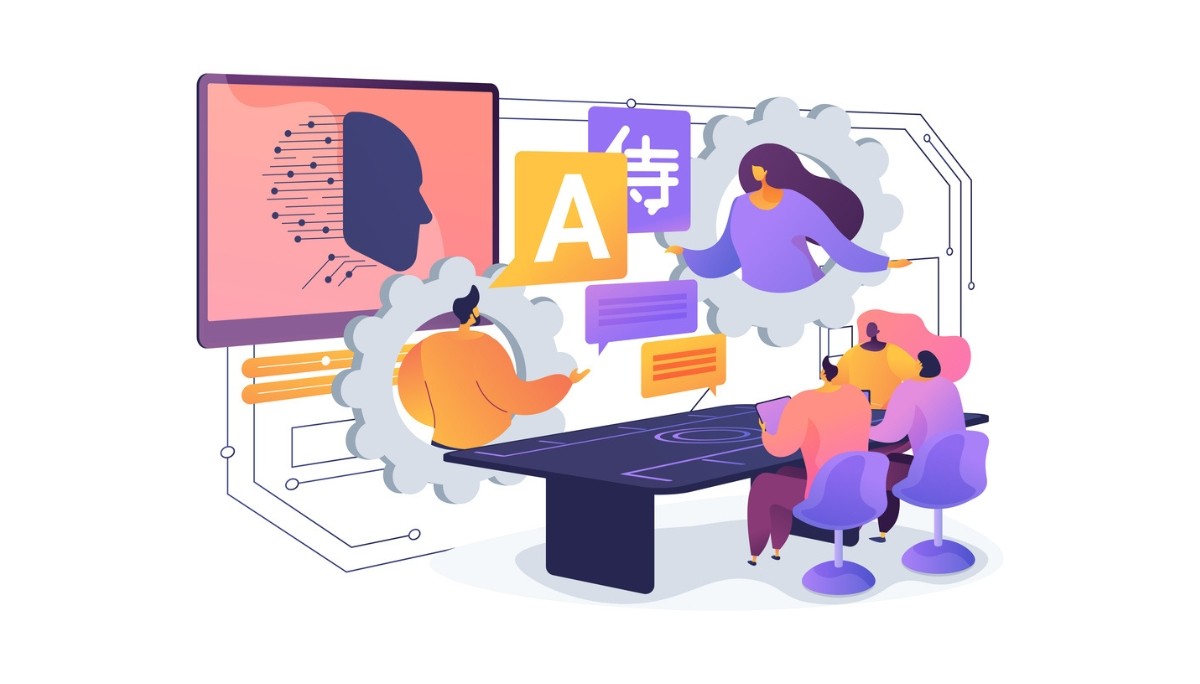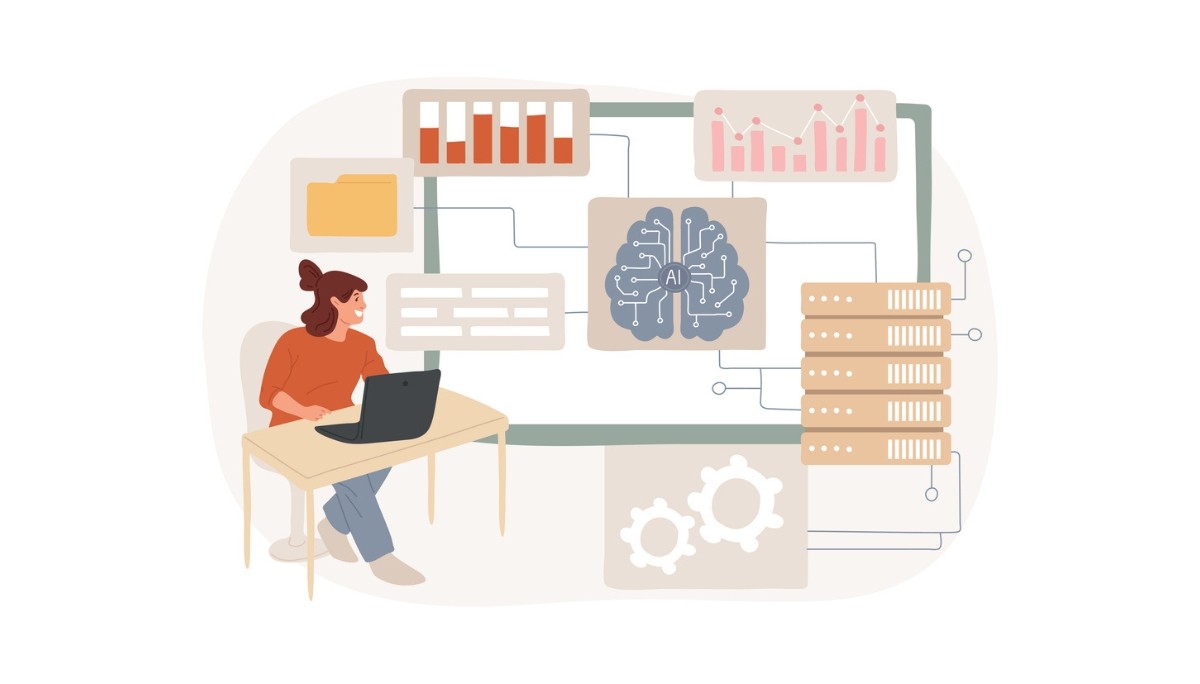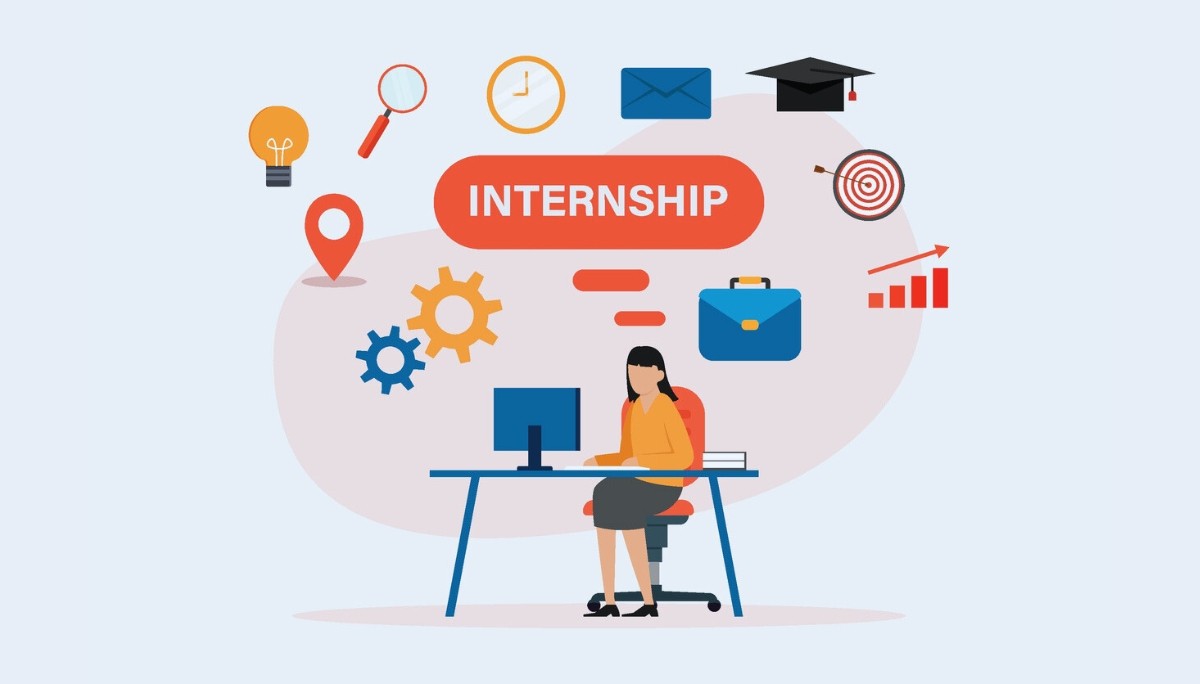Software Engineer Resume Templates and Examples That Get You Hired
By
Ethan Fahey
•
Sep 19, 2025
Trying to find the best software engineer resume template to land your dream role? This guide walks you through selecting a template that not only looks great but also works seamlessly with ATS systems while showcasing your skills to recruiters. For those in the business and AI sectors, Fonzi AI can make the process even smoother by helping you tailor resumes with data-driven insights, ensuring your application stands out in a competitive market.
Key Takeaways
A strong, well-structured software engineer resume is crucial for catching the eye of hiring managers and ensuring you pass ATS screenings.
Tailoring your resume for each job application significantly increases your chances of landing interviews by aligning your skills with the specific requirements of the role.
Showcase both technical and soft skills, including teamwork and communication, as they are vital for success in collaborative environments within software engineering.
The Importance of a Well-Crafted Software Engineer Resume

The main purpose of a software engineer's resume is to land your dream job. However, many candidates underestimate the power of a well-prepared resume. A strong resume significantly increases your chances of being shortlisted by top tech companies, which is the first step towards getting that coveted job offer. Presenting your qualifications to catch the eye of hiring managers and ATS is key.
Unfortunately, bad resumes are a common reason why many talented software engineers fail to get shortlisted for jobs. Often, it’s not a lack of qualifications but a great software engineering resume that doesn’t do justice to your skills and experience that leads to no responses from employers. Crafting a strong resume is one of the key factors that contribute to successfully landing interviews for software engineer roles.
Enhancv provides tools specifically designed to help software engineers create resumes that stand out and get interviews. This guide aims to assist you in writing a resume that doesn’t just list your qualifications but showcases them in a way that resonates with recruiters and hiring managers.
Next, we’ll guide you through choosing the right template, structuring your resume, and highlighting your technical skills. First, let’s focus on selecting the perfect resume template for your software engineering career.
Choosing the Right Template for Your Software Engineer Resume

Selecting a professional and ATS-friendly template for your software engineer resume is crucial. Applicant Tracking Systems (ATS) often screen resumes before they even reach human recruiters, so it’s essential to use a template that these systems can easily parse.
Using standard formats and headers in your resume improves its readability for both ATS and recruiters. Hiring managers and ATS scan for keywords quickly based on the job description, meaning your resume needs to be well-organized and easy to navigate. Tailoring your resume format to fit specific qualifications and job descriptions is essential for an impressive presentation.
For a professional and clear resume, consider the following recommendations:
Use fonts such as Arial, Calibri, and Garamond for clarity and professionalism.
Maintain a minimum font size of 10px to ensure readability without straining the recruiter’s eyes.
Use standard header titles and ordering to maintain a professional and expected resume structure.
Here’s a table of recommended templates based on different software engineering roles:
Role | Recommended Template | Key Features |
Entry-Level Software Engineer | Simple ATS-Friendly | Clean layout, standard headers, easy to read |
Senior Software Engineer | Professional ATS-Friendly | Detailed sections, emphasis on experience |
Software Development Engineer | Modern ATS-Friendly | Balanced design, highlights technical skills |
Full Stack Developer | Creative ATS-Friendly | Combination of front-end and back-end skills |
With the right template, move on to structuring your Word document effectively for a lasting impression.
Structuring Your Software Engineer Resume
The structure of your software engineer resume is just as important as its content. A well-structured resume follows a standard order to facilitate ATS parsing and ensure essential information is easy to find. Standard header titles are crucial for ensuring ATS can parse your resume correctly.
Typos and inconsistent formatting can create a negative impression and lead to immediate rejection by potential employers. A polished resume reflects your professionalism and attention to detail, which are qualities that every employer values.
Key sections should include a Professional Summary, Work Experience, and Technical Skills. Each of these sections plays a vital role in presenting your qualifications effectively. Next, we’ll delve deeper into each section to maximize their impact.
Professional Summary
A professional summary is your elevator pitch. It’s the first thing recruiters see, and it needs to capture their attention immediately. A well-written resume summary can significantly enhance your chances of standing out in a sea of applications.
Many software engineers make the mistake of focusing on superficial aspects of their resume rather than emphasizing their actual skills and achievements. The ideal length for a professional summary is generally under 50 words, making it concise yet impactful.
Your professional summary should include:
Your job title
Key skills
Career progression
Specific achievements and experiences that align with the job description
“Experienced Senior Software Engineer with over 10 years of expertise in full-stack development, leading teams, and delivering scalable software solutions as a lead software engineer in leadership positions.”
Focus on specific details that highlight your unique value and avoid vague statements. Use bullet points to make it easy to read and to emphasize key achievements. Make sure this section shines as it sets the tone for the rest of your resume.
Work Experience
Your work experience section is where you showcase your hands-on experience and the impact you’ve made in your previous roles. The recommended format for listing work experience is in reverse chronological format, emphasizing your most recent roles first.
When detailing your work experience, focus on specific contributions and overall project impact. Use quantifiable examples to provide examples of the impact you made. For instance, “Developed a multi-page web app that improved user engagement by 30%, achieved cost savings, and reduced loading times by 20% through actual work.”
To effectively showcase your experience in project management:
Be specific about your individual contributions to projects.
Outline your specific contributions to a project.
Include the overall quantitative impact of your work.
This approach transforms your leadership experience section into a showcase of your achievements and the value you brought to each role, rather than just a list of job titles.
Present your work experience clearly and compellingly in the active voice to move to the job interview stage.
Technical Skills
The technical skills section is essential for passing ATS scans and showcasing your hard skills to recruiters. Arrange your technical skills logically, either by proficiency or type, to enhance clarity and impact.
Highlighting depth of knowledge in specific areas is more valuable than listing numerous technologies without expertise. List essential programming languages, relevant technologies, and key skills that align with the tech stack and the job description. Avoid creating a long laundry list of frameworks and languages that may dilute your core competencies and programming skills.
For example, if you’re applying for a role that focuses on back-end development, emphasize your expertise in languages like Java, Python, and database management systems. This clearly indicates to recruiters that you possess the specific skills they are seeking.
Organize this section well to highlight your strongest technical skills.
Showcasing Projects and Personal Contributions

Showcasing your projects and personal contributions can set you apart from other candidates. Consider the following to effectively highlight your capabilities:
Demonstrate real-world problem-solving through personal or academic projects.
Highlight impressive contributions to open-source projects to illustrate teamwork and commitment to community-driven development.
Include metrics and quantifiable outcomes in project descriptions to significantly boost your resume’s impact.
Describe your projects to highlight both the skills gained and the challenges overcome during development. Personal projects aligned with the job description showcase proactive engagement in relevant technologies and enhance your resume.
Include at least two projects with key contributions in your resume. Discuss these projects just like work experience to showcase your technical skills. Link project names to GitHub or a viewing platform to allow recruiters to see your work firsthand.
Education and Certifications
Education and certifications play a critical role in landing software engineering jobs. For experienced software engineers, include your college degree in the education section without listing GPA or specific courses. Include your GPA only if it is above 3.2, as this can be a positive highlight for recent graduates.
For those who aren’t recent graduates, prioritize work experience over education on your resume. New graduates can demonstrate practical experience by including projects, internships, and coding bootcamps. This demonstrates hands-on experience even without an extensive work history.
Soft Skills Matter Too

Soft skills are just as important as technical skills in the software engineering role. Teamwork and communication are essential for software engineers to work effectively in teams and advance their careers. Strong interpersonal skills lead to better collaboration, project success, and overall job performance, highlighting the importance of both technical and soft skills.
During interviews, verbalize your thought processes to demonstrate problem-solving skills and showcase team collaboration. A good software engineer's resume should highlight not only technical skills but also soft skills, specifically communication and teamwork abilities. This makes you a well-rounded candidate who can succeed in collaborative environments.
Customizing Your Resume for Each Job Application
Customizing your resume for each job application can significantly enhance your chances of landing interviews. Tailoring your resume for job applications ensures that it is relevant to the specific position you are applying for, demonstrating that you are a good fit for the role.
Align your resume with employer expectations by:
Including must-have and good-to-have skills or experiences listed in the job description.
Focusing on showcasing experiences that align with the job description.
Discussing your API-related work if mentioned in the job listing.
Incorporating relevant keywords from job descriptions can improve visibility to recruiters and ATS during your job search. Exclude irrelevant experiences or skills to maintain your resume’s effectiveness and relevance, using the same keywords to enhance your application.
Common Mistakes to Avoid in Your Software Engineer Resume

Proper formatting enhances readability and creates a more appealing image for potential employers. Consider the following tips:
Avoid symbols in header titles as they can cause issues with Applicant Tracking Systems (ATS).
Include a professional summary to increase the chances of capturing interviewers’ attention.
Ensure your resume summaries effectively summarize your experience, which is crucial for catching a hiring manager’s attention.
Recruiters seek contributions and impact in your experience section, not just job titles. Demonstrating measurable impact from past roles can significantly strengthen your resume. Many candidates mistakenly believe that certifications alone will guarantee job interviews without showcasing practical skills. The importance of certifications varies by company; some prioritize them, while others focus on practical skills and experience.
Pursue certifications that align with your learning goals, not just for resume enhancement. Practical real-world experience often outweighs certifications in recruitment, highlighting the need for hands-on skills.
Using Fonzi’s Match Day to Get Noticed
Fonzi’s Match Day is a networking event designed to connect software engineers directly with leading tech companies. It’s a high-signal, efficient way for candidates to get in front of top-tier companies, providing a unique opportunity to stand out.
Fonzi’s Match Day introduces job-seeking artificial intelligence engineers, machine learning researchers, infrastructure engineers, and large language model specialists to Fonzi, a curated talent marketplace built specifically for them. Fonzi is designed to reduce bias, protect candidate experience, and speed up the hiring timeline.
The event showcases how companies are using artificial intelligence responsibly in the hiring process, ensuring that the focus remains on people, not just algorithms. This human-centered approach helps candidates highlight their skills and experience effectively.
Preparing for Interviews in the AI Job Market
Preparing for interviews in the AI job market requires a strategic approach. Participants can showcase their skills and projects to potential employers in a dynamic setting. This facilitates meaningful interactions, allowing candidates to stand out beyond their resumes.
Fonzi’s Match Day is tailored to foster real-time feedback from recruiters, enhancing the job-seeking experience. This approach helps candidates gain insights into industry expectations and company cultures.
Offer practical tips for preparing for interviews, such as doing thorough research on the company, practicing coding challenges, and preparing to discuss your projects and contributions in detail. Highlight the importance of communication skills and demonstrate how you collaborate in teams.
Summary
In summary, a well-crafted software engineer resume is your ticket to landing your dream job. From choosing the right template to structuring your resume effectively, every detail matters. Highlighting your technical skills, showcasing your projects, and emphasizing your soft skills are crucial steps in creating a standout resume.
Customizing your resume for each job application and avoiding common mistakes can significantly enhance your chances of getting noticed by recruiters and ATS. Fonzi’s Match Day offers a unique opportunity to connect with top tech companies and stand out in the competitive AI job market.
Remember, a great resume is not just about listing your qualifications; it’s about presenting them in a way that resonates with recruiters and hiring managers. Take the time to craft a resume that reflects your skills, experience, and potential. With the right approach, you’ll be well on your way to landing the job of your dreams.




